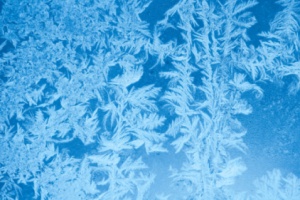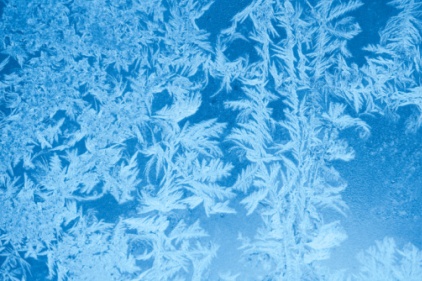 With New England coping with blizzard-level snow, the Electrical Safety Foundation International (ESFI) is warning people about electrical hazards that can come with blizzards, such as downed power lines, power outages, and coastal flooding. And once a snow or ice storm has ended, portable generators and submerged electrical equipment can add to the danger.
With New England coping with blizzard-level snow, the Electrical Safety Foundation International (ESFI) is warning people about electrical hazards that can come with blizzards, such as downed power lines, power outages, and coastal flooding. And once a snow or ice storm has ended, portable generators and submerged electrical equipment can add to the danger.
ESFI recommends taking the following electrical safety precautions during Winter Storm Juno and during future winter storms:
- Always assume fallen power lines are energized. Stay at least 10 feet away from a downed power line and any nearby objects it may be touching, such as a fence or a tree limb.
- Contact your utility company immediately to report downed power lines outside your home.
- Never touch a person or object that is in direct or indirect contact with a downed power line. Instead, call 911 immediately.
- Never attempt to move a downed power line – leave it to the professionals.
- Do not operate a portable generator in your home, basement, or garage. Generators can very quickly produce high levels of carbon monoxide, which can be deadly.
- Be sure that the generator is used with a ground fault circuit interrupter (GFCI) to help prevent electrocutions and electrical shock injuries.
- Do not connect generators directly to the household wiring without an appropriate transfer switch installed. Power from generators connected directly to household wiring can backfeed along power lines and electrocute anyone coming in contact with them, including utility lineworkers making repairs.
- Make sure that there is at least one working carbon monoxide detector in your home. Test the batteries at least twice a year, at the same time smoke detector batteries are tested.
- After a storm, return home during daylight hours, especially if power has not been restored.
- If you smell gas, notify emergency authorities immediately. Do not turn on lights, light matches, or engage in any activity that could create a spark.
- Use caution when restoring disrupted power after a storm. Contact your utility company to report any damage to your electrical service.
- Electrical items such as circuit breakers, fuses, GFCIs, receptacles, plugs and switches can malfunction when water and silt get inside. Discard them when they have been submerged.
- Do not use electrical appliances that have been exposed to water. Water can damage the internal components in electrical appliances and can cause shock and fire hazards in furnaces, refrigerators, washing machines and dryers.
- Have an electrician inspect electrical appliances that have been wet, and do not turn on or plug in appliances unless an electrician tells you it is safe. Electrical equipment exposed to water can be extremely dangerous if reenergized without proper reconditioning or replacement.
- If electrical appliances have been under water, have them dried out and reconditioned by a qualified service repairman.
Check out ESFI's complete collection of Severe Weather Safety resources.


